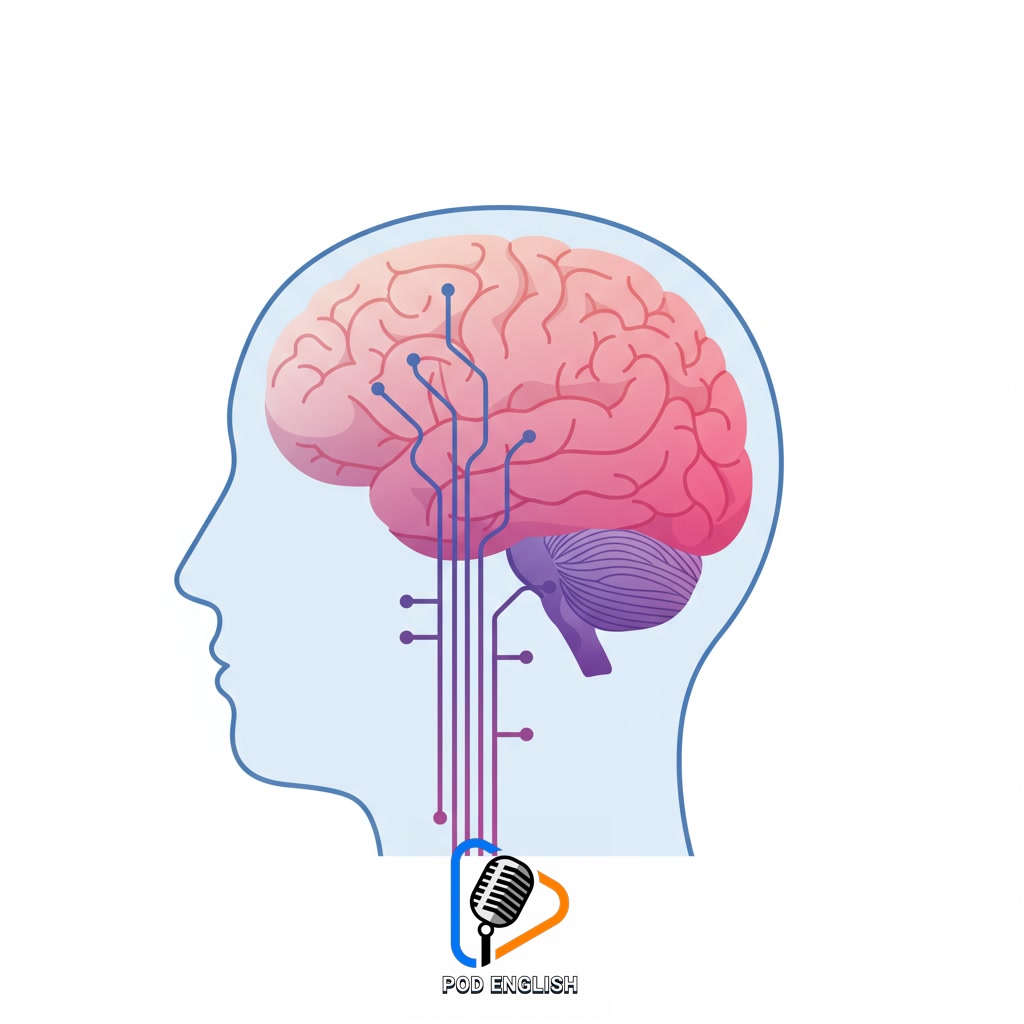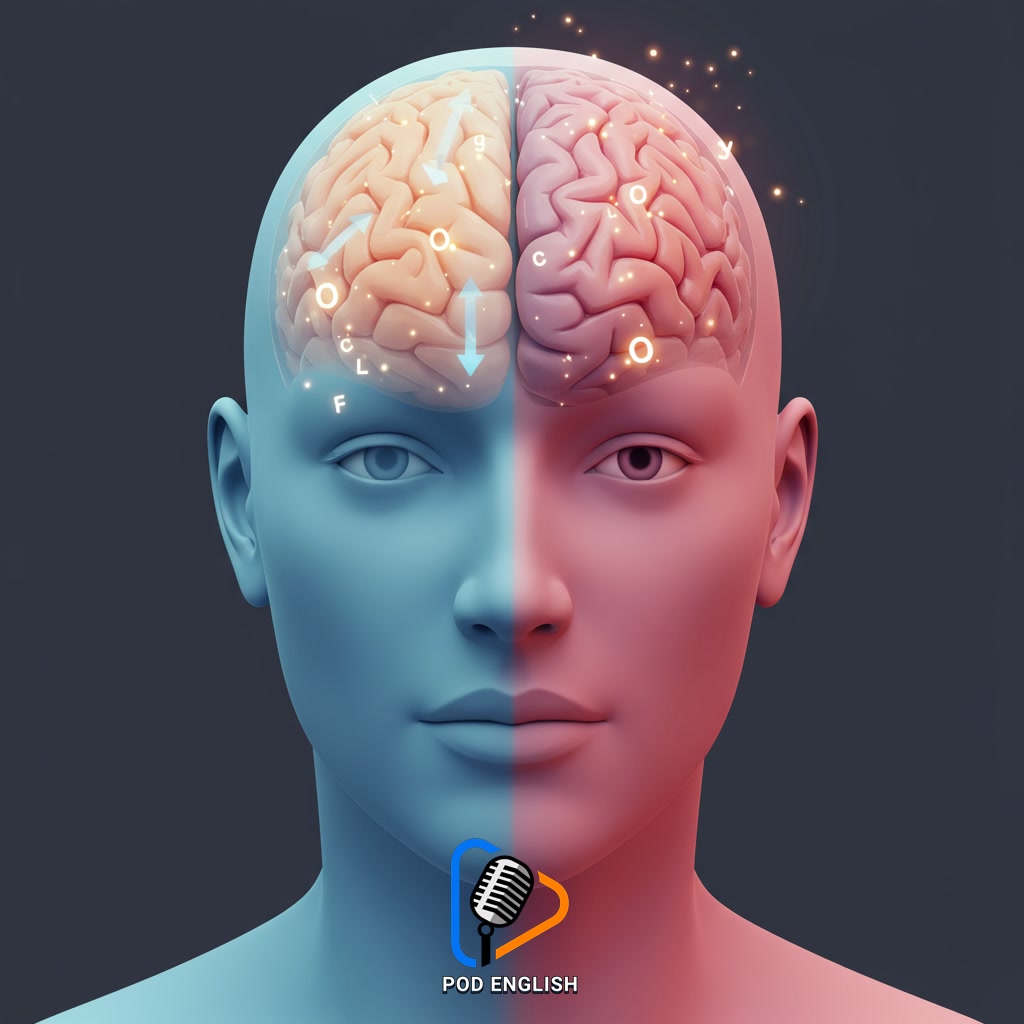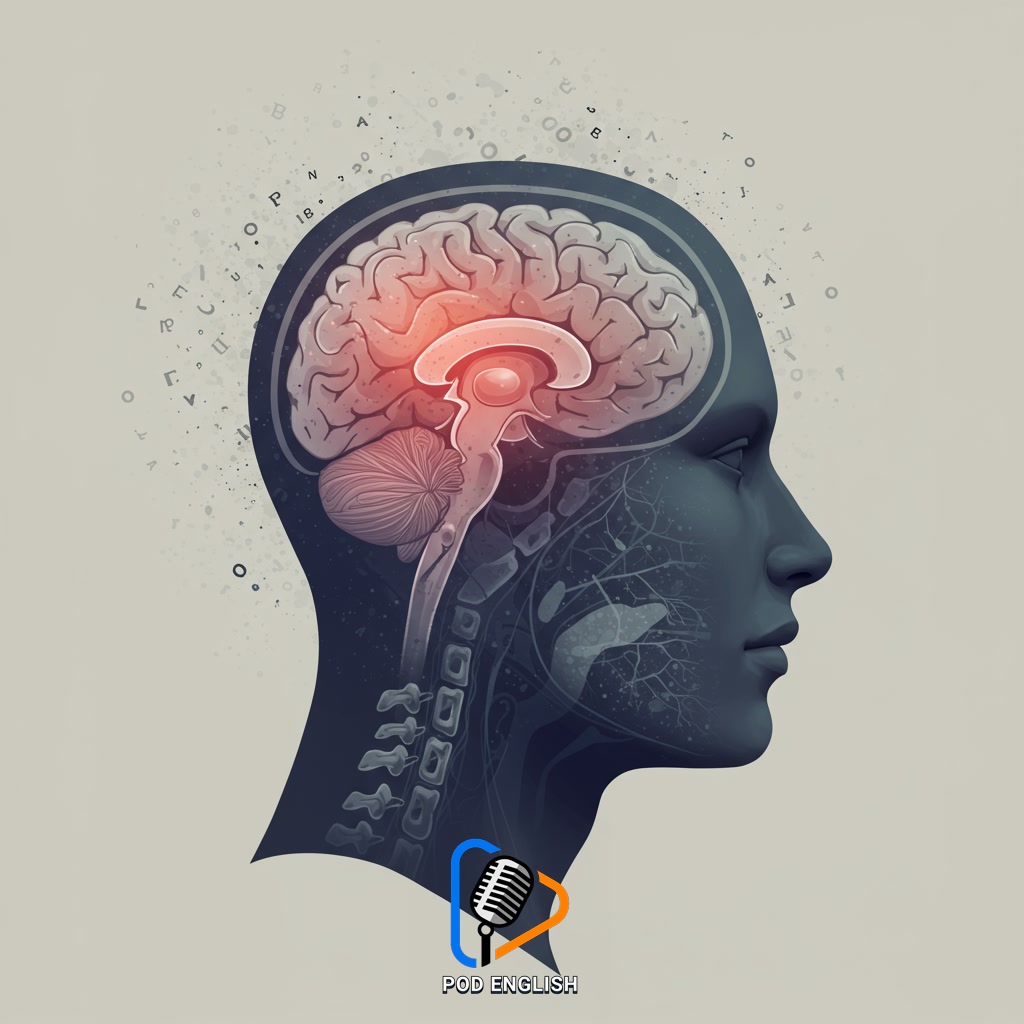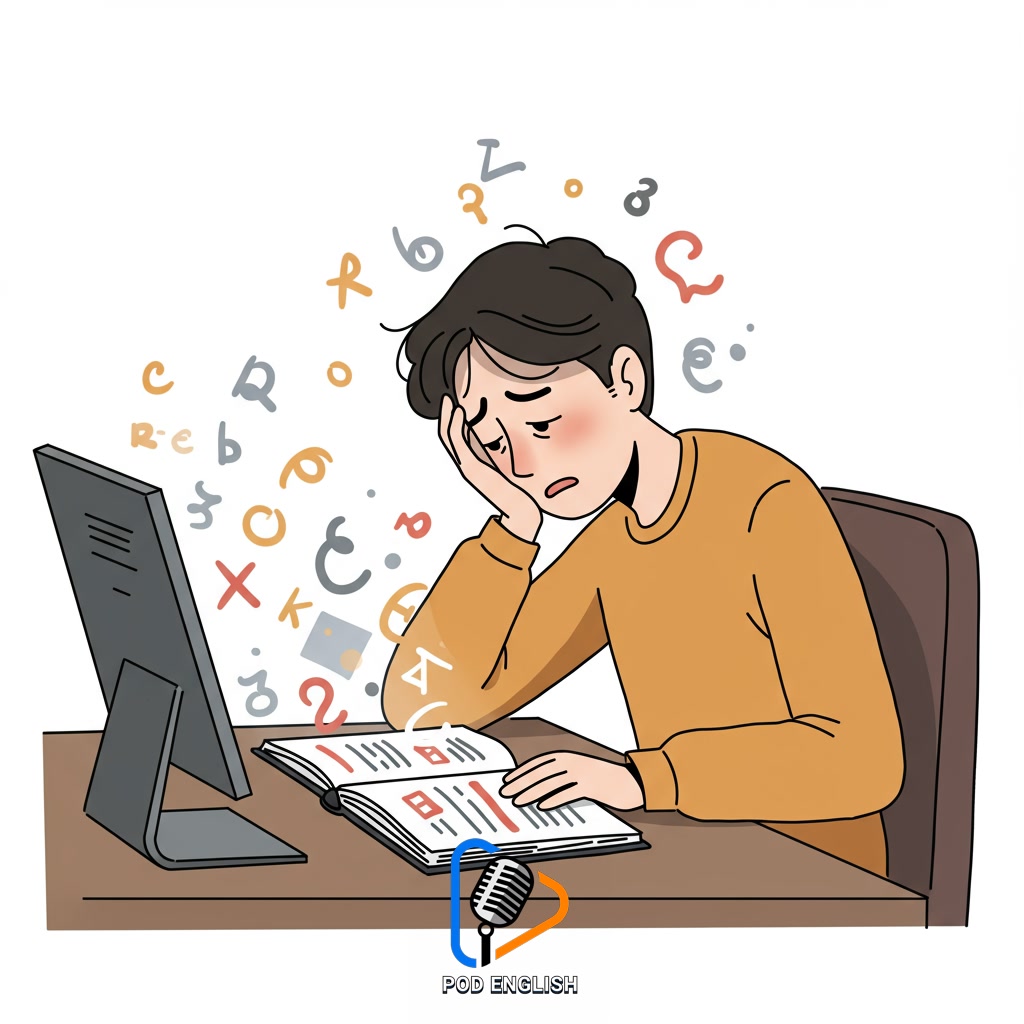Learn English
Why Iron Deficiency Hurts Focus and Learning English

Iron deficiency significantly impairs cognitive functions such as focus, concentration, and memory. These effects directly hinder effective learning processes. Consequently, conditions like iron deficiency can make tasks like learning English considerably more difficult. Addressing this deficiency can therefore improve cognitive performance and support the acquisition of new skills, including language.
Table of Contents
- Section 1: Understanding Iron Deficiency and Brain Function
- Section 2: How Iron Levels Directly Impact Focus and Concentration
- Section 3: The Cognitive Toll: Iron Deficiency’s Effect on Learning Abilities
- Section 4: Specific Challenges: Why Low Iron Makes Learning English Harder
- Section 5: Recognizing Symptoms and Strategies to Improve Focus for Learning
Section 1: Understanding Iron Deficiency and Brain Function
Iron plays a critical role in transporting oxygen throughout your body, and your brain is one of the most oxygen-demanding organs. When iron levels are low, the amount of oxygen delivered to the brain decreases. This reduced oxygen supply directly impacts the function of brain cells, known as neurons. Neurons rely on a steady stream of oxygen to communicate effectively and perform cognitive tasks. With insufficient iron, these processes become less efficient, affecting key areas responsible for attention, focus, and the speed at which you process information. Understanding this fundamental link between iron, oxygen, and brain cell function is the first step in recognizing why iron deficiency can significantly hinder cognitive performance.

Understanding Iron Deficiency and Brain Function
Section 2: How Iron Levels Directly Impact Focus and Concentration
Building on the vital role of iron in oxygen transport, a deficiency directly impacts how much oxygen reaches the brain. The brain is highly dependent on a steady supply of oxygen to function optimally, especially for complex tasks like maintaining focus and concentration. When iron levels are low, this oxygen delivery system becomes less efficient. Brain cells, particularly those in areas responsible for attention and executive functions, don’t receive enough oxygen to work at full capacity. This reduced oxygen supply can lead to impaired cognitive performance, making it difficult to sustain attention on a task, filter out distractions, or shift focus effectively. The result is often a feeling of mental fatigue or ‘brain fog,’ directly hindering one’s ability to concentrate and absorb new information.

How Iron Levels Directly Impact Focus and Concentration
Section 3: The Cognitive Toll: Iron Deficiency’s Effect on Learning Abilities
Building on the vital role of iron in oxygen transport, a deficiency directly impacts how much oxygen reaches the brain. The brain is highly dependent on a steady supply of oxygen to function optimally. When iron levels are low, this oxygen supply is compromised, significantly affecting cognitive functions essential for learning. Specifically, low iron can impair your ability to focus and concentrate on tasks, making it harder to absorb new information. Memory formation and recall can also be affected, making it difficult to remember vocabulary or grammar rules. Processing information becomes slower and less efficient. These cognitive challenges directly hinder the learning process, making tasks like reading English texts, understanding spoken conversations, or practicing speaking feel much more difficult and frustrating. Addressing iron deficiency can therefore improve these vital cognitive functions, smoothing the path for effective learning.

The Cognitive Toll: Iron Deficiency’s Effect on Learning Abilities
Section 4: Specific Challenges: Why Low Iron Makes Learning English Harder
Building on the brain’s critical need for oxygen, which is delivered by iron-rich blood, a deficiency directly impairs the cognitive functions essential for language acquisition. When oxygen supply is insufficient, the brain struggles with tasks like sustaining focus during a lesson or retaining new vocabulary words. This makes concentrating on English grammar rules, understanding spoken dialogue, or remembering verb conjugations significantly harder. Memory formation, crucial for recall, is negatively affected, as is the speed at which the brain processes new information, such as complex sentence structures. Essentially, the core cognitive tools required for effective learning – attention, memory, and processing speed – are blunted by low iron, turning the challenge of learning English into a steeper uphill battle.

Specific Challenges: Why Low Iron Makes Learning English Harder
Section 5: Recognizing Symptoms and Strategies to Improve Focus for Learning
Building on how iron deficiency affects the brain’s oxygen supply, recognizing its symptoms is the first step to improvement. Key indicators related to focus and learning often include persistent fatigue, difficulty concentrating on tasks, poor memory retention, and feeling overwhelmed when trying to absorb new information, such as English vocabulary or grammar. These issues directly hinder effective study. Fortunately, strategies can help. If you suspect iron deficiency, consulting a healthcare professional for diagnosis is essential. They can recommend dietary adjustments to include iron-rich foods like leafy greens, lean meats, and beans, or suggest supplements if necessary. Addressing the underlying deficiency can significantly improve energy levels and cognitive function, making the process of learning English much smoother and more effective.

Recognizing Symptoms and Strategies to Improve Focus for Learning













